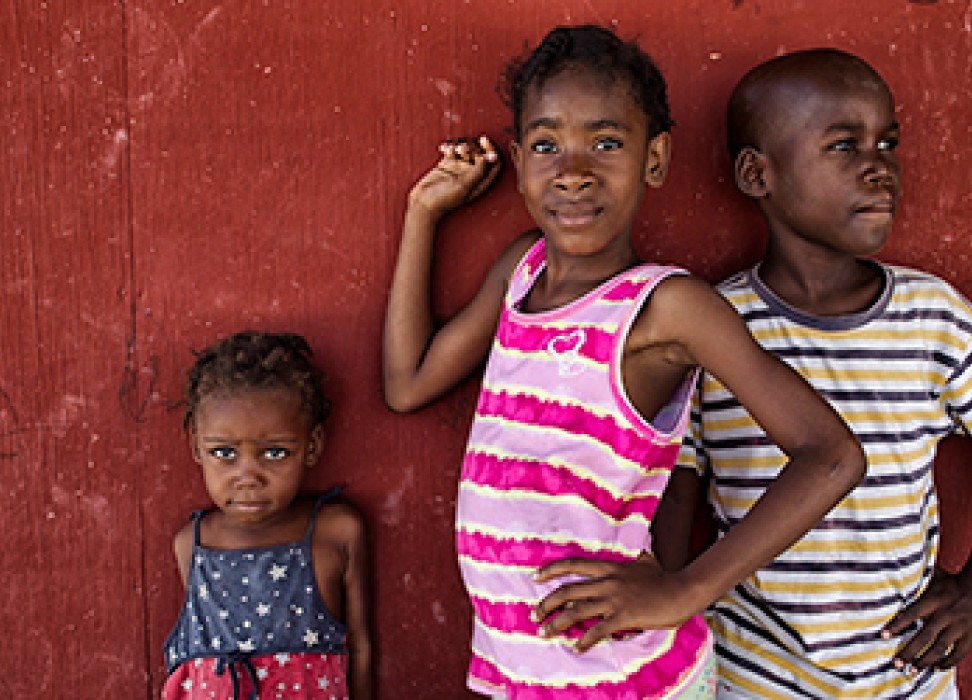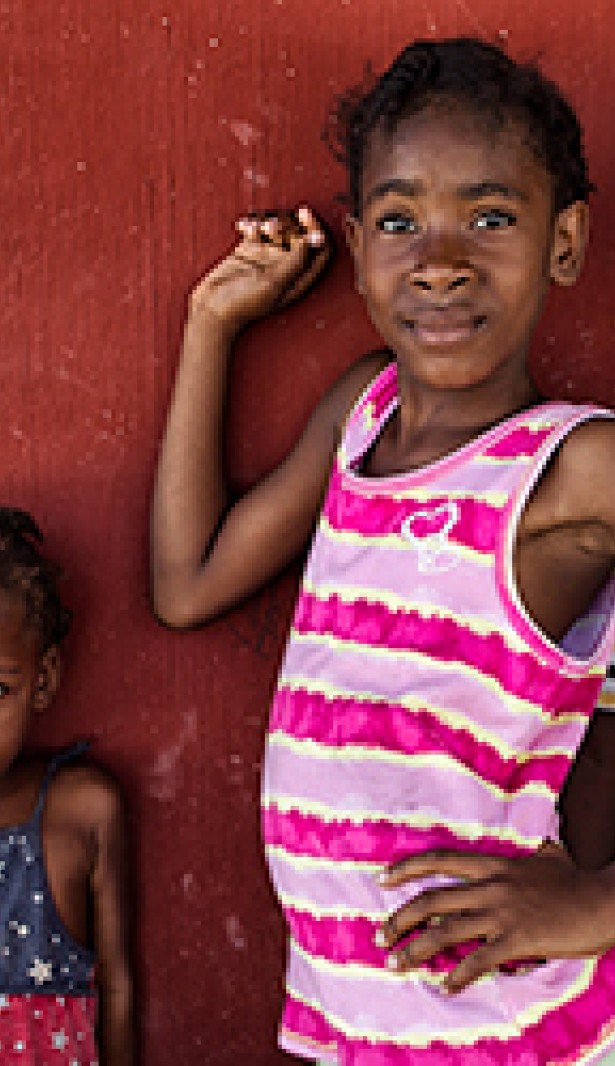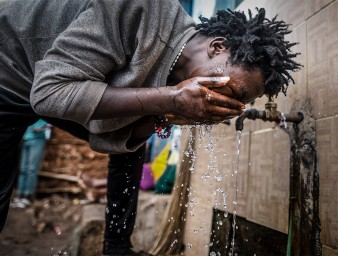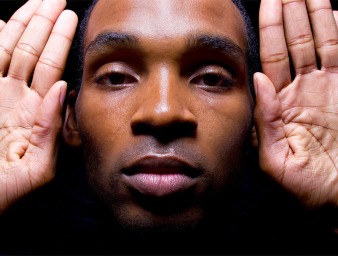Eliminating racial discrimination to build trusting societies
21 March 2017

Rokhaya Diallo was born and raised in Paris, France, from Senegalese parents. For a long time, she thought of herself as a French person but at some point people started looking at her as if she was a foreigner. It was at that moment that she started to wonder why people would not acknowledge her as a French native.
“It was obviously because of the colour of my skin,” she said. “I noticed that most images of France shared from France did not include people like me.”
Diallo thought it was time to challenge those misconceptions and display French society as a multicultural and multi-faith country. Her public activism started in 2006 when she founded an anti-racist association called Les indivisibles (The Undividable) which aimed at addressing racism in media discourse.
Ten years on, Diallo notices little change. In a discussion at the UN Human Rights Council in Geneva when the international community commemorated the International Day for the Elimination of Racial Discrimination, she paid homage to all the unknown activists around the world who, sometimes to the peril of their own lives and safety, fight racism, urging States to acknowledge racism.
“Some countries refuse to name its systemic character and recognize that it has deep roots in history. Under the guise of colour blindness, the denial of the extent of racism is sometimes the norm,” she said, urging States to use data desegregated by ethnicity to fight racial discrimination. “Not seeing colour implies not seeing the consequences [of racism] either.”
Peggy Hicks, Director of the Thematic Engagement, Special Procedures and Right to Development Division at the UN Human Rights Office, pointed out that racism builds on the fear of the ‘other’. Some politicians and media manipulate that fear to incite to hatred against that ‘other’, denying the enormous amount humanity shares, and focusing on the little that makes us different.
For Hicks, the Rabat Plan of Action is one of the possible bulwarks against this wave.
She recalled that profiling based on race, ethnicity, nationality, migration status or religion in law enforcement constitutes a violation of human rights, because of its fundamentally discriminatory nature.
Rachel Neild, the Head, Criminal Justice Cluster, Open Society Justice Initiative, stated that “racial profiling is a pattern of practice, not a set of individual acts.”
Neild described profiling as the disproportionate targeting of minorities in the use of tactics such as identity checks, stops and searches, raids, surveillance, fining practices, and arrests, particularly for low level offences.
“Research shows that, even in high crime areas, a very small number of individuals are responsible for most of the crime, yet ID check and searches are often widespread, not targeted at the high risk individuals,” she pointed out.
For Neild, a solution to racial or ethnic profiling would be to provide practical guidance to law enforcement. Police managers should also monitor the way their officers use their power. She added that flagging issues, offering remedies and sanctioning officers for repeated and proven bias was essential.
“Changing attitudes and practices in police organizations and rebuilding community relations is a long-term challenge,” she said. “It requires us all to have difficult conversations about stereotypes based on race, ethnicity, religion, and the manner in which they play out in our interactions.”
The Special Rapporteur on racism, Mutuma Ruteere, highlighted areas to explore further to address profiling including establishing objective grounds for suspicion based on a person’s behaviour and not their appearance; and providing avenues for victims of profiling to file complaints.
“I have recommended a clear and unequivocal prohibition of the use of racial and ethnic profiling by law enforcement agencies” he said.
For Miltos Pavlou, Senior Programme Manager at the Social Research, Equality and Citizens’ Rights Department of the EU Agency for Fundamental Rights, State institutions need to foster trust within societies. Based on evidence collected by the EU, mistrust, he said, was fed by political discourse that incites to hatred and what is more and more commonly labelled as “fake news.”
“Encouraging media literacy, including online media, and enabling critical reading of content to recognise, confront and report statements that incite to hatred is one way to deal with the problem,” he suggested. “As well as encouraging the development and implementation of the EU Commission Code of Conduct for providers of online social platforms such as Facebook and Twitter.”
“We run the risk of living apart in divided societies instead of together. Fighting hate means tearing down barriers that separate and divide,” he said. “Upholding human rights when protecting our citizens in an efficient and rights compliant way and fighting hate means tearing down barriers of fear, inequality and discrimination that separate and divide.”
Each year, the world commemorates the International Day against Racial Discrimination on 21 March and remembers the 69 protesters who were killed that day in 1960 in South Africa while demonstrating against the racist ideologies of Apartheid. On this day, the world is reminded of the values of racial equality and non-discrimination first enshrined in the Universal Declaration of Human Rights.
21 March 2017




